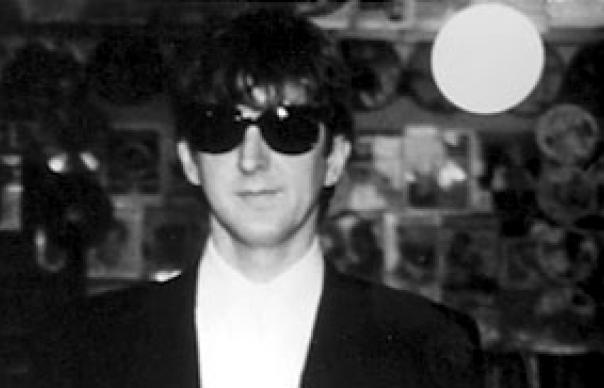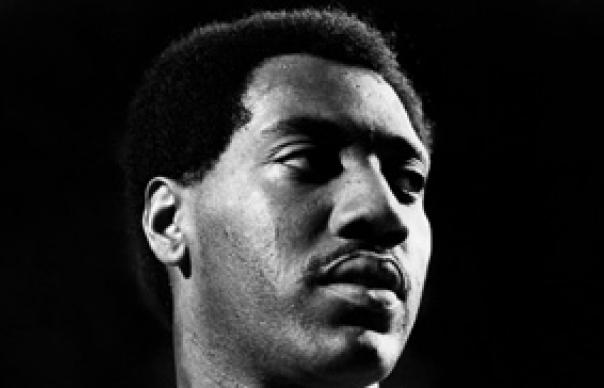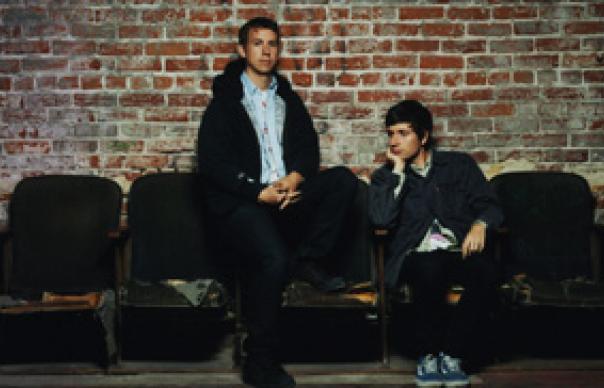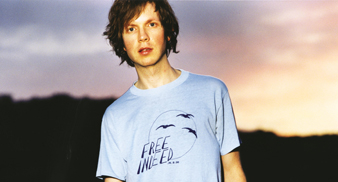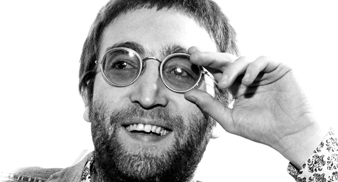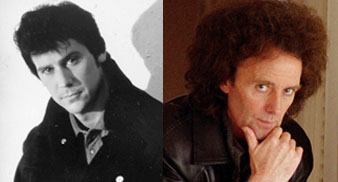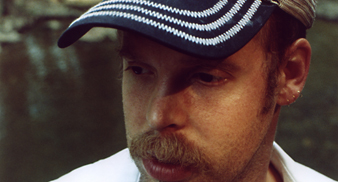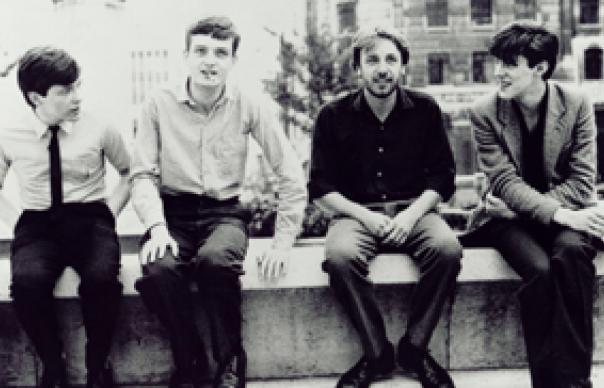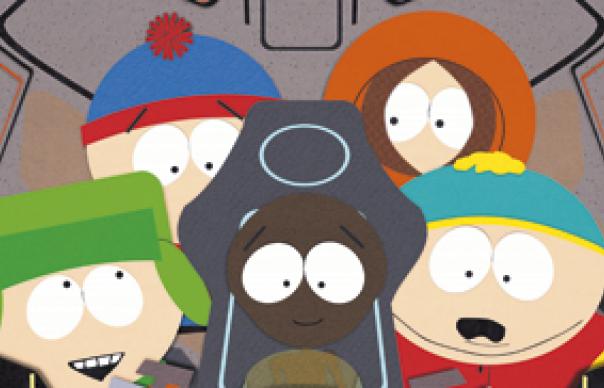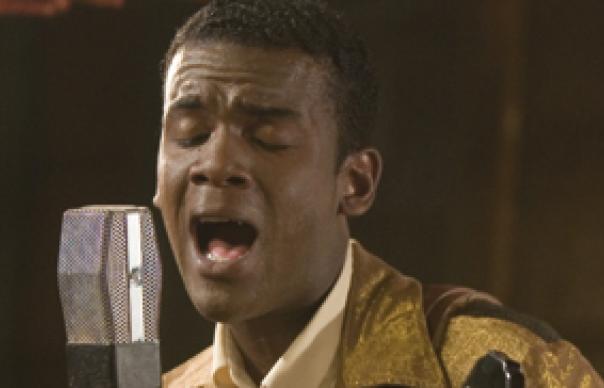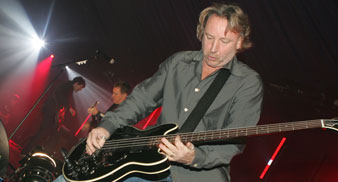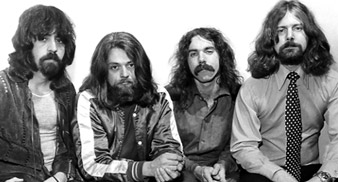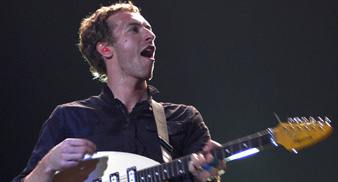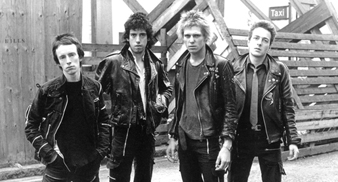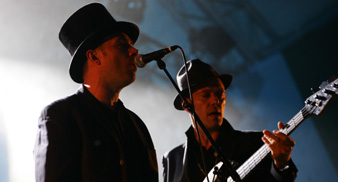Up Close And Personal: Peter Hook
This is the third cinematic film about Joy Division and Factory…
HOOK: I think the thing is that it’s an interesting story – I don’t think you can deny that. Compared to how safe and boring things are these days, I think it’s remarkable.
Did this documentary tell you anything new? Were you surprised by any of it?
I suppose the interesting thing for me is that we’d never had a conversation like that – me, Bernard [Sumner] and Stephen [Morris]. I’ve talked about it to other people, but I’ve never talked about it to them. So it was quite a revelation for me, to hear their thoughts.
Whose idea was the film?
It was Tom Atencio’s idea, New Order’s US manager. He rightly rushed it through before Control – and I kept wondering why. But if we’d done it after Control, after all the publicity we did for the film, none of us would spoken the way we did…
You would have been burnt out by it?
Absolutely.
If 24 Hour Party People dealt with the comedy of Factory, and Control the tragedy, this feels like the first film to focus on the music…
That’s an interesting point, because it features mainly the people who made the music. [Director] Grant Gee and Tom unearthed a lot of footage of Manchester and I found that quite riveting! In a strange way I’ve been very lucky, because I’ve had the comedy and I’ve had the tragedy – now I get the truth. For me, I was able to watch Control and watch this documentary and think that this was the perfect answer.
They’ve dug up loads of great old footage of the band – was that new to you?
I hadn’t seen any of that footage before. The thing about Joy Division is from when we started it to when left it, our personal circumstances never changed. You were getting success, and playing bigger venues. But you weren’t getting any more money. So it came and went and left you more or less in exactly the same position.
You were a bit more famous though?
I don’t know. Once Ian died, none of that mattered. I remember going to tax my car in Stretford and listening to the chart rundown on the Monday and “Love Will Tear Us Apart” had gone it at 9, I think. And it didn’t matter. It was an odd feeling. The thing was that we all just switched to New Order. New Order was like throwing a drowning man a life belt.
Stephen says in the film that after Ian died your attitude was – “Well… see you on Monday then!” It was as if you really did work at a factory and just clocked on as though nothing had happened…
The thing is that any kind of grief or loss – and unfortunately the older you get, the more you have to deal with it – is dealt with by a certain numbness. But we were young enough almost to just get on with it. We could see a light! Ha ha ha! Suddenly we were in darkness when Ian died, and with New Order we saw a light again.
There’s a clip in the film of a radio interview with Ian, and it occurred to me that this is the first time I’d heard his speaking voice…
Yes. It’s quite odd. I’ve managed to track down one other radio interview of Ian talking that’s very clear. I’ve only ever heard three: one was really bad quality in a pub, there were two where you could actually hear him, which I only heard quite recently. So it is a revelation.
The film plays up the tension between his artiness and the band’s laddishness…
The four of us were lads. And when we made music it came from somewhere else. I think people are interested to hear, and it adds to the myth that Ian would have opened a bookshop in Holland – if he didn’t want to be a builder! “Fuck this bookshop, I’m going back to the building site to get fucked with my mates on whizz!” But Ian was very arty compared to Bernard and I. Steve was always weird as fuck.
It’s great to hear you talking about the band – you sound like a fan…
The thing about Joy Division and early New Order is that we just got on with it. Everybody had a pivotal role and you can hear that in Joy Division. It’s not about Ian’s vocal, it’s not about any one thing – it’s that combination of the whole lot. Early New Order, the New Order that I loved, was about a combination of everything. It changed when it became more vocal orientated. Which left me very disenchanted. Whenever you listen to any Joy Division tape, it always sounds powerful. One of the greatest and saddest things in my life is that I’ll never know what would have happened to Joy Division. And that really gets me down. Especially because I got so disenchanted with New Order towards the end. It’s always the one that got away. It’s one of the saddest things.
INTERVIEW:
STEPHEN TROUSSE


